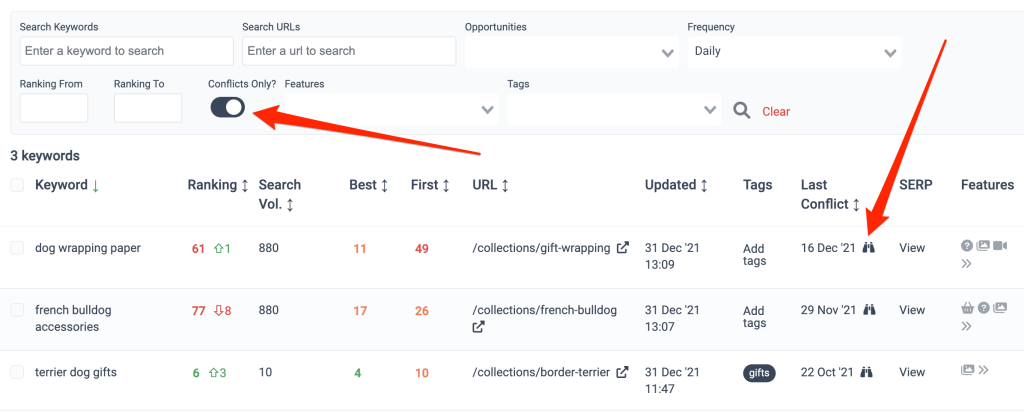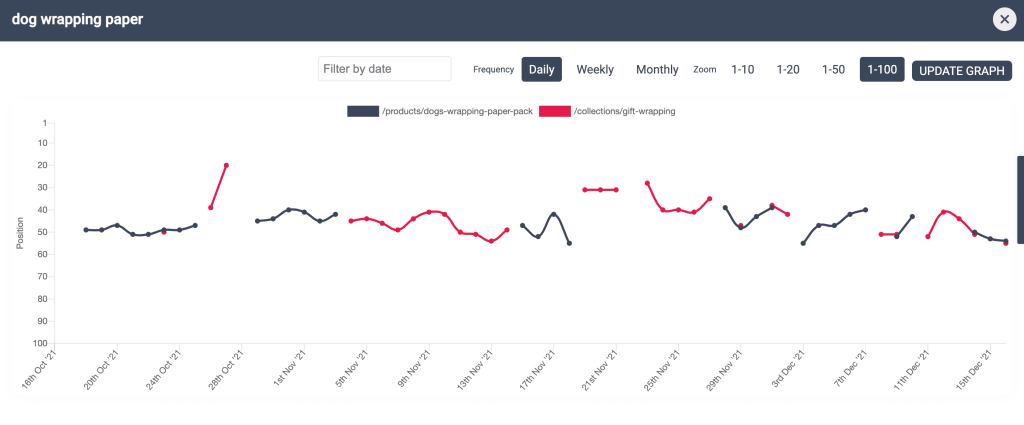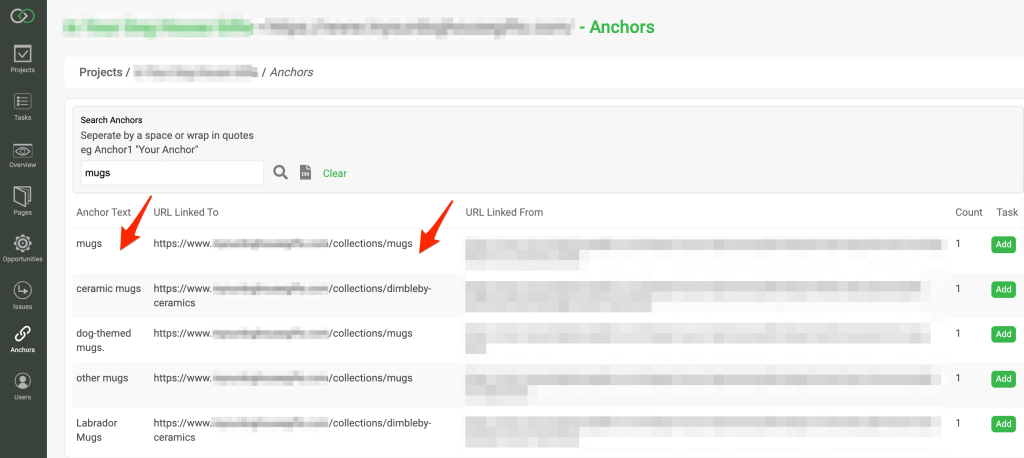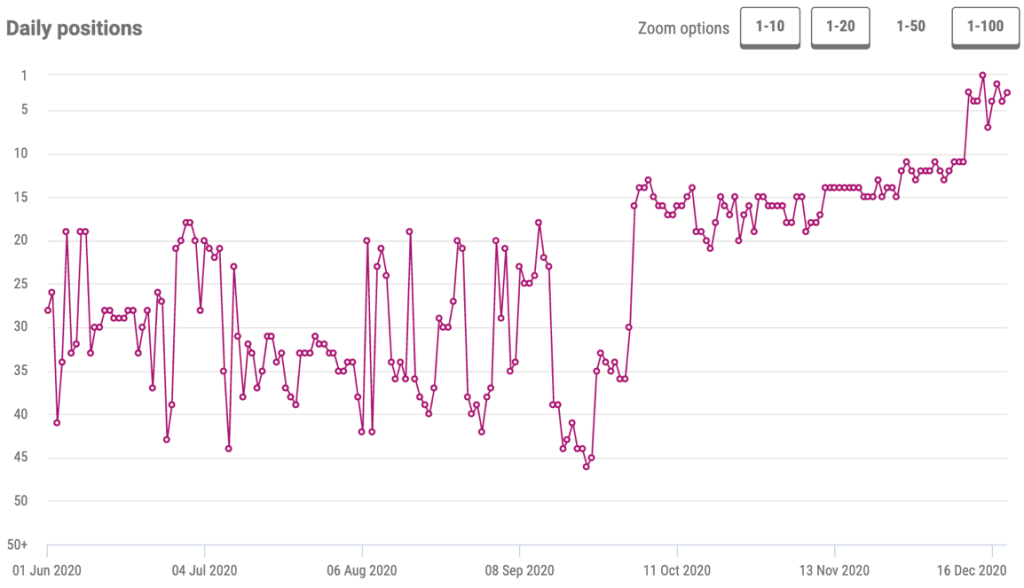Keyword cannibalisation, also known as internal page conflict, is perhaps the most misunderstood concept in search engine optimisation. The topic is so highly debated, that even some SEO specialists believe that it doesn’t exist.
In reality, keyword cannibalisation is a significant problem for many websites and it can indeed cause issues with your rankings. It’s not something you want to have if you wish to increase your digital presence.
In this guide, we’ll discuss everything you need to know about keyword cannibalisation so you can avoid it on your own websites.
But before we talk about any of that, let’s refresh ourselves on the basics of keywords.
Fundamentals of Using Keywords
One of the most crucial elements in online search is the keyword. Each time a person inputs something into a search engine, one of the first things they do is type a few words related to their interest. The search engine then scans their index of the internet based on the words used (it’s a bit more complicated than that but this is it in its most basic form).
Upon finding content relevant to the keyword criteria, it ranks these results based on usefulness and popularity (ideally) and presents them to the user.
The whole process starts with the keywords. For instance, if you’re selling cosmetic products, you should be using words like cosmetics, cosmetic products, and facial care on your website.
If you don’t have anywhere on your website that mentions cosmetics or cosmetic products, search engines will have difficulty recognising your cosmetic site. This also means that you won’t be reaching your intended market any time soon.
However, you can also overdo using these keywords, and this is where we talk about keyword cannibalisation.

What is Keyword Cannibalisation?
Put simply, keyword cannibalisation is when you try to (intentionally or not) optimise multiple pages for the same term(s). When this happens, search engines such as Google may struggle to decide which content they’ll use to rank higher.
It’s also possible that a search engine will prioritise giving a higher ranking to another web page even if you don’t mean to make it a priority. It could also lower the rankings of all pages that use the same key terms (it’s common for conflicting pages to drag each other down).
Many years ago, search engines had a simpler algorithm. They performed searches and gave rankings based on relatively simple criteria. This lack of restrictions resulted in many websites abusing the search engines by utilising techniques such as keyword stuffing and creating multiple pages about the same term.
Google used to base rankings largely on how often a keyword was used. That’s why shady content producers would easily use the exact words numerous times to increase their rankings in the search engine.
Fortunately, keyword stuffing is no longer effective, and it’s one of the worst things to practice. Not only will you be frowned upon by site visitors for the poor quality content, but search engines will penalise your content too.

Finding Cannibalisation Issues
There are a couple of tools that are very good for detecting and reporting on page conflict. One is Pi Datametrics, which is an enterprise tool. The other is RankCaddy. Let’s look at an example using the latter.
In your project, head down to the rankings table and filter by Conflicts Only.

You can then click on the binoculars next to the Last Conflict date and look at the conflict graphed over time.

It is here that you can then start digging into what pages have been conflicting, how much and when.
In the above example, you can see two pages conflicting and bouncing in and out of the rankings. You can also see that they’re both struggling to rank for this term.
Steps to Resolve Keyword Cannibalisation
First of all, you have to decide which page you want to focus on for a specific search term. Which page should rank and what do users want to see? Look at what’s already ranking and make sure you get the user intent right with your content. This is important.
Upon deciding on the page to prioritise, it’s time to work on the content, backlink, and internal linking strategies.
Merge and Redirect
The first thing to think about is, are the conflicting pages necessary? If they’re not actually needed, then you may be able to merge some of the content and 301 redirect the unnecessary pages to the correct one.
This should also help merge any spread of link equity (for both internal and external links).
Tweaking Content
If the conflicting pages are wanted, they shouldn’t be optimised for the same term as another page. They should be unique. So you could also try changing up the content, title tag and headers so that those conflicting pages are more focused on what they should be.

Improve Your Internal Linking Structure
Internal links are a hugely important factor for SEO and anchor text is an important part of this factor. Having the same anchor text pointing to different pages can be confusing for search engines and can contribute towards conflict issues.
Ensure anchors are clear, descriptive and pointing to the correct URL.
Twylu is a great tool for finding internal anchor issues that could be causing page conflict. The Anchors feature is great for analysing all of the anchor text in use throughout the site and finding these potential issues.

Audit and Improve Your Backlink Profile
Another signal that can contribute towards cannibalisation on your site is your backlink profile. If you have links pointing to your conflicting pages, with potentially confusing anchor text, this could also be a factor.
Check your backlinks for these pages. Do you have potential issues? If so, are you able to amend any of the links or anchors? Can you acquire more links with less confusing anchors to send corrective signals to search engines?
Conclusion
Keyword cannibalisation is a huge problem in the world of search engine optimisation and fixing these issues can result in huge gains. Below is an example of a cannibalisation issue that I resolved for a search term with 100,000 searches per month.

This resulted in a massive uplift in traffic and revenue for this page. This would have been much harder to resolve without even being aware of the cannibalisation issues in the first place.
